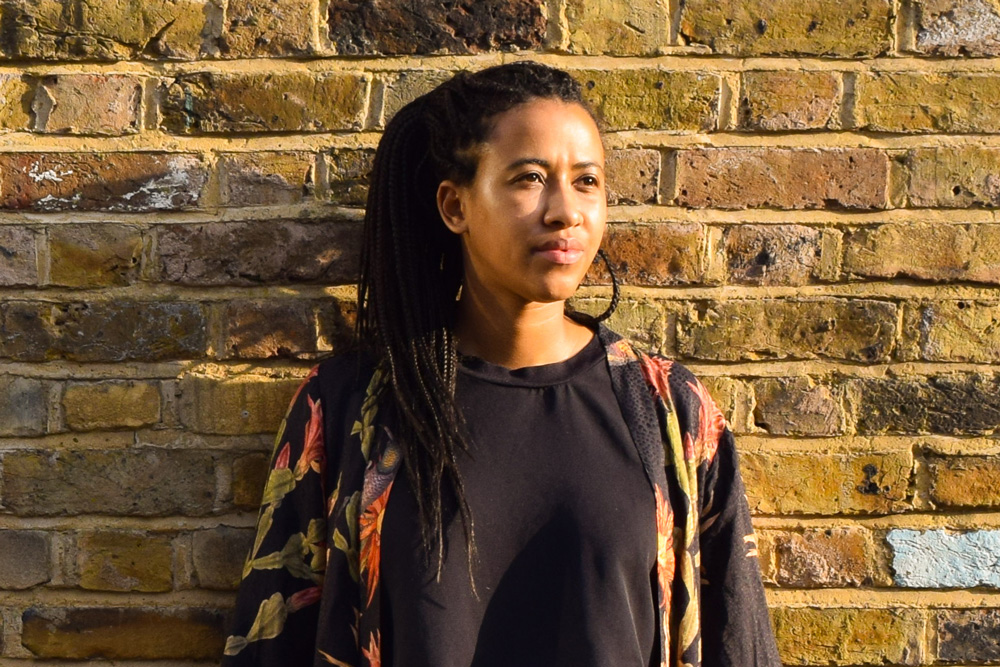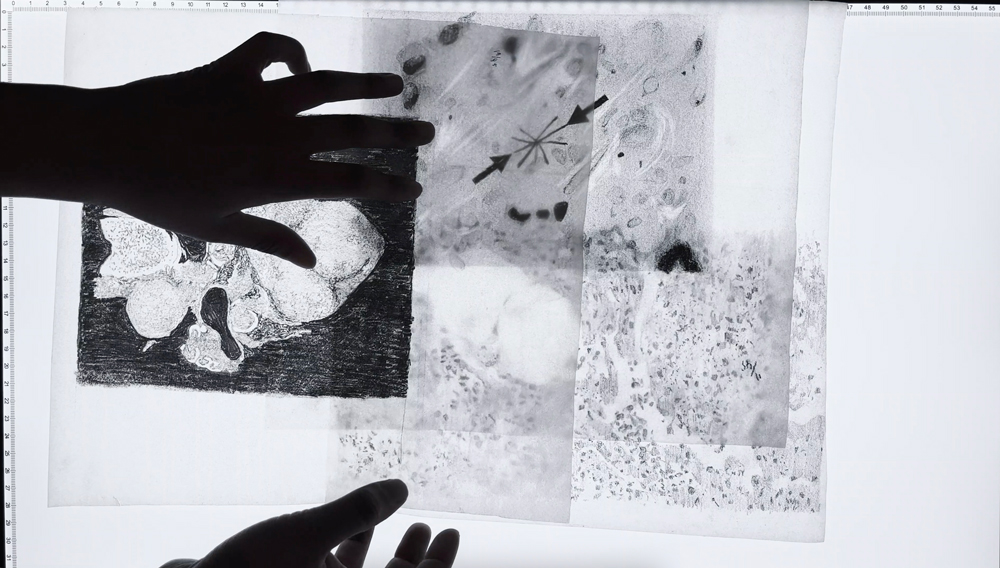When Thandi Loewenson was earning her PhD in architecture at The Bartlett at University College London, she co-founded Break//Line, a collective that seeks to challenge discrimination and “inescapable capitalism” in the study of architecture. It laid the groundwork for the Harare-born scholar’s current undertaking, Black Papers, an ambitious research project that explores social and spatial relations in contemporary Africa by untangling how we approach them. While land is often at the center of African liberation movements—property, agriculture, and mining, to name a few—Loewenson zooms out and contemplates how space below and above ground contributes to these forces. One key focus involves rare metals buried below the Earth’s surface, harvested by miners and used in ways that abet digital dispossession.
Loewenson was recently named the winner of this year’s Wheelwright Prize. The $100,000 grant awarded by the Harvard Graduate School of Design supports a promising early-career architect pursuing travel-based research that may leave a wide-ranging impact on the field. Black Papers fits that bill. With the prize’s funds, Loewenson plans to concentrate her work in seven African countries—the Democratic Republic of the Congo, Ghana, Kenya, Senegal, South Africa, Zambia, and Zimbabwe—to study satellite imagery that casts light on exploitative mining labor. Ultimately, she hopes to shape policy discourse and public perceptions through drawings, moving images, performances, and critical creative writing designed to reach the masses on video, radio, and even social media platforms like WhatsApp.
“This research presents a radical shift,” Loewenson says, “developing a new epistemic framework and a series of open-access, creatively reimagined policy proposals in which earth and air are not distinct, but rather concomitant terrains through which racialization and exploitation are forged on the continent, and through which they will be fought.”


